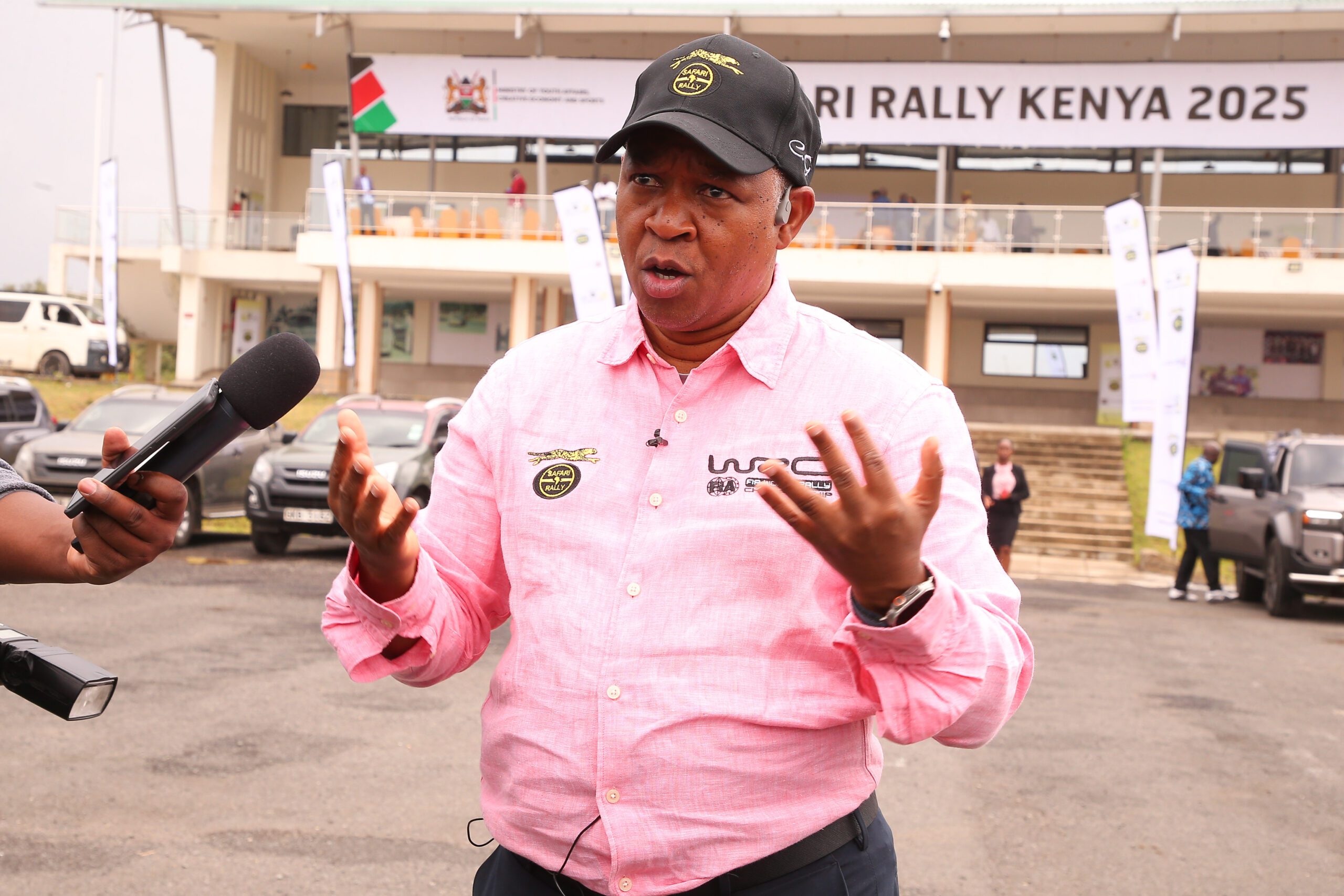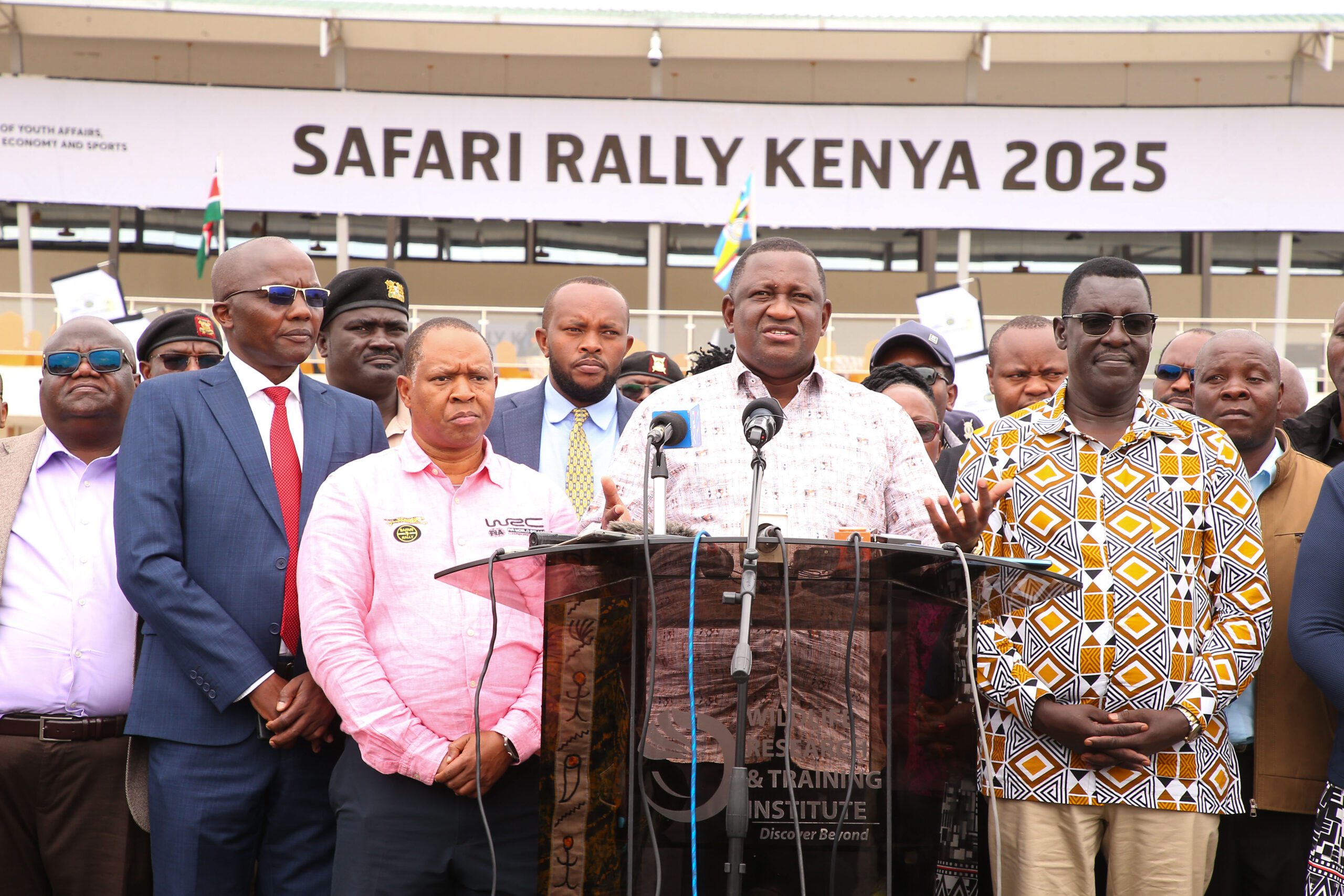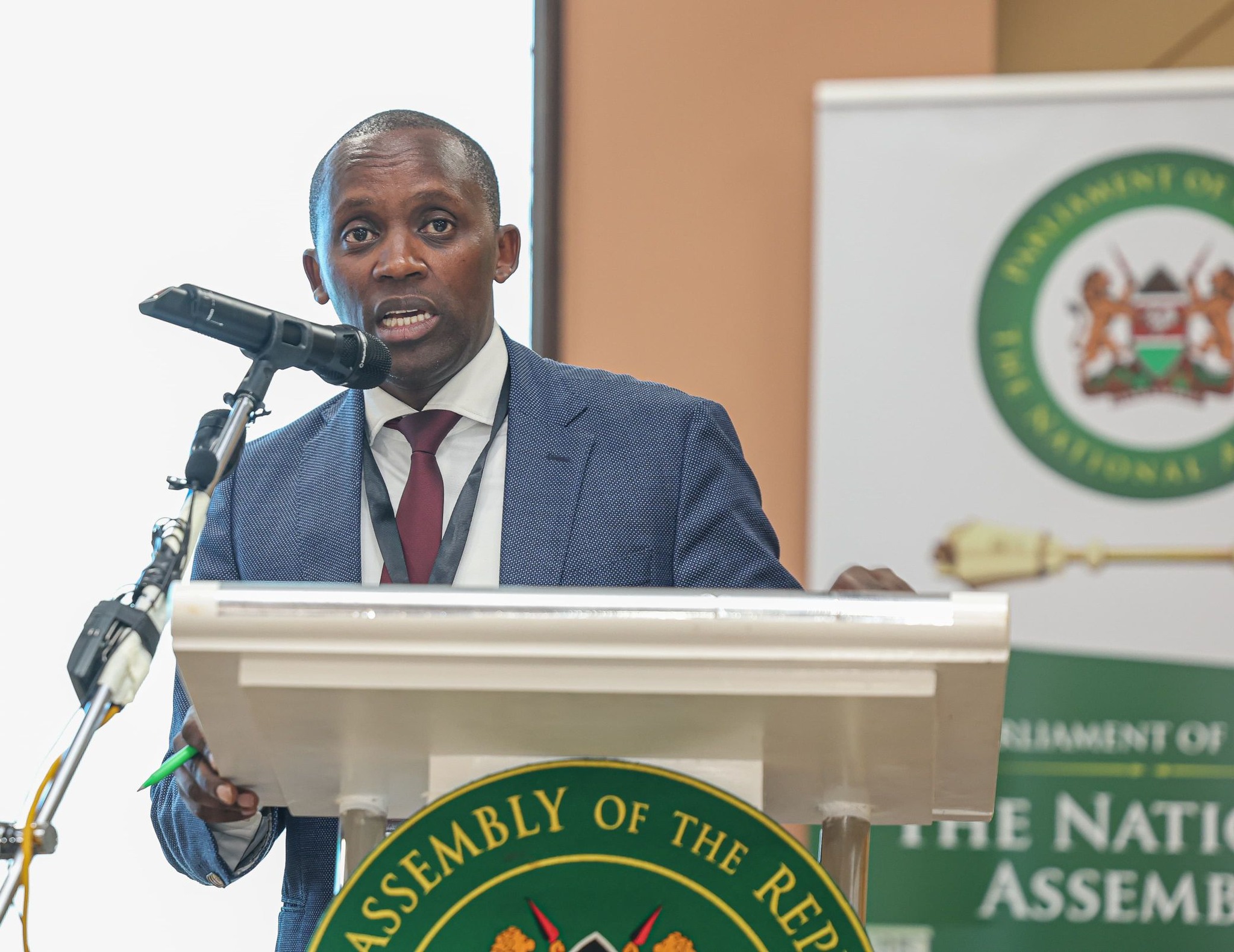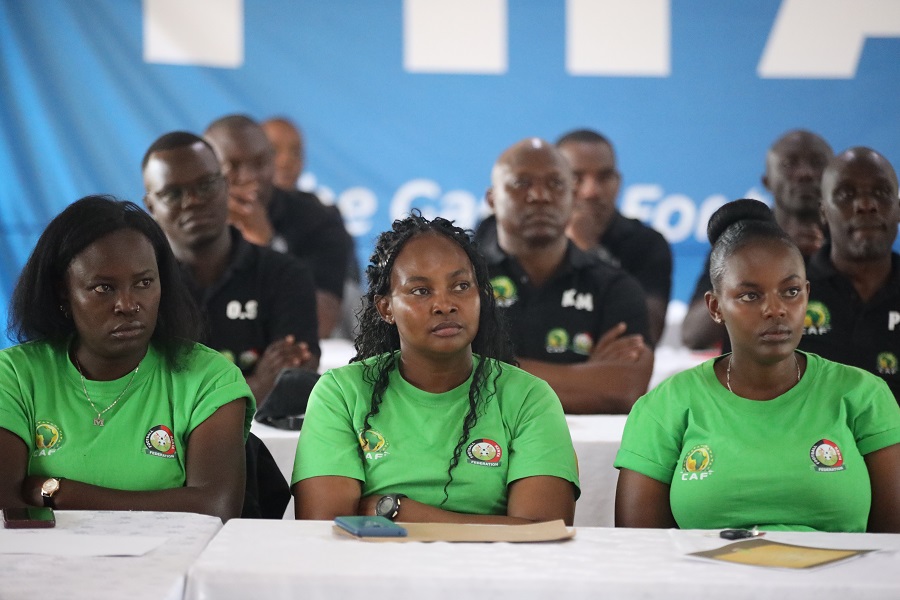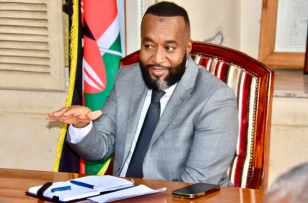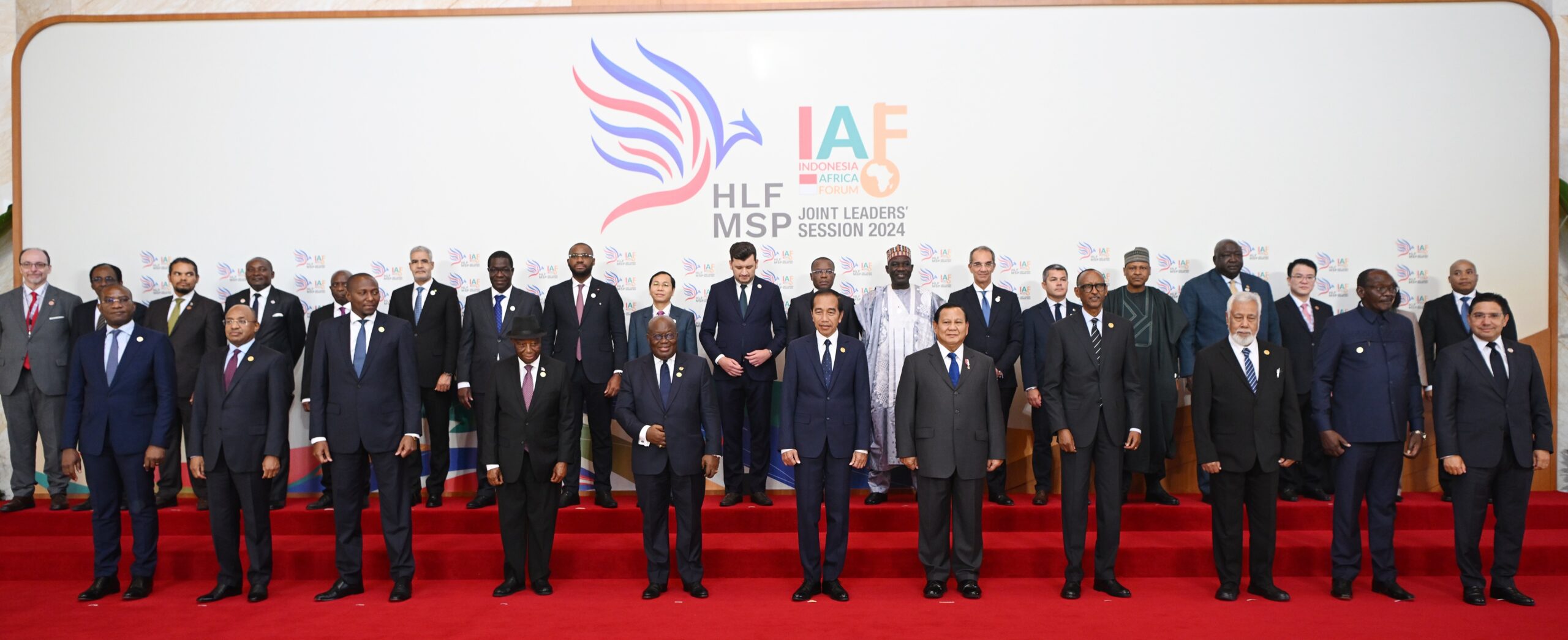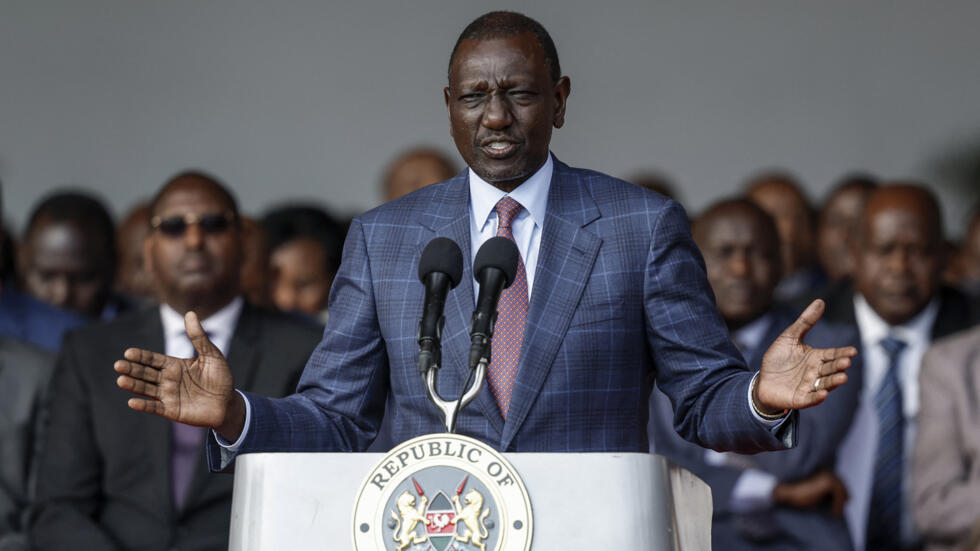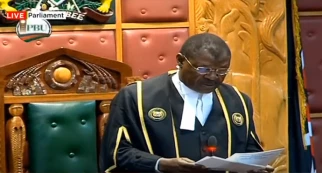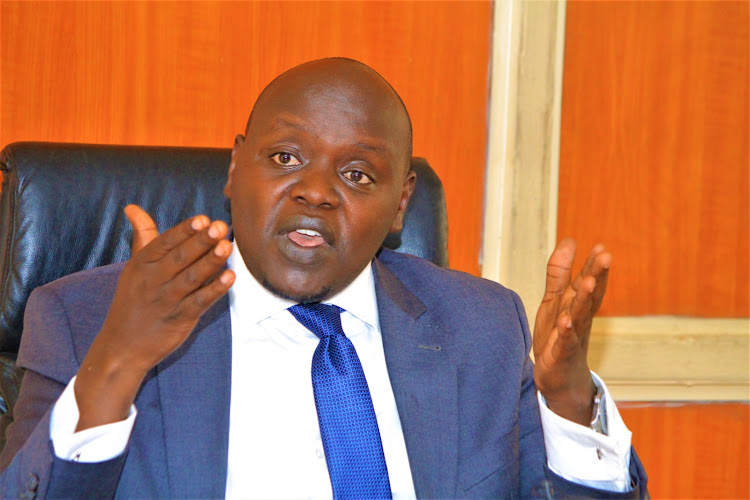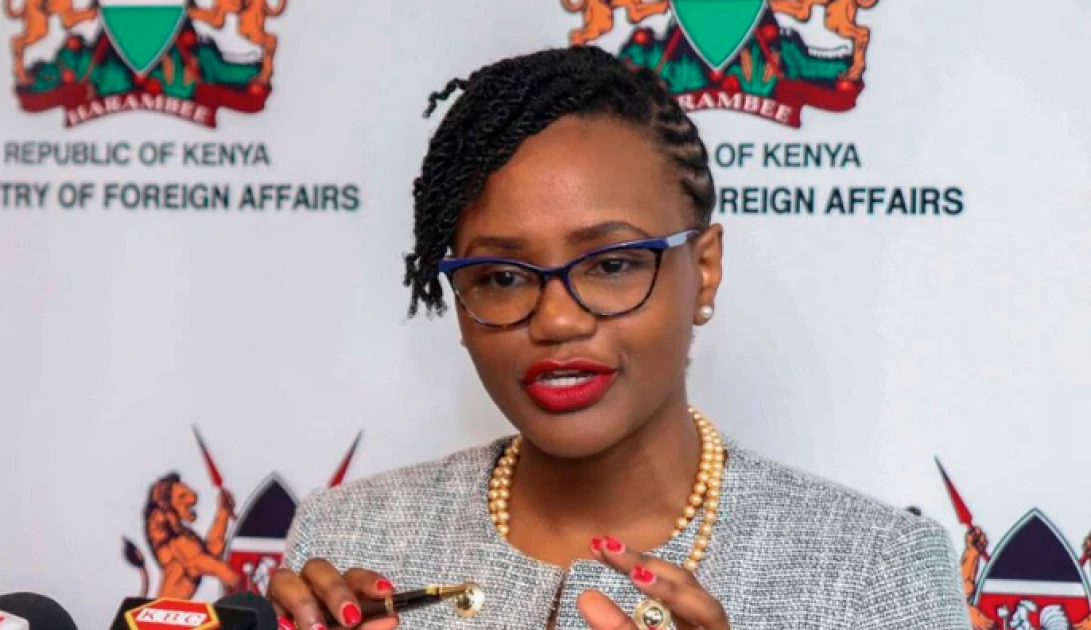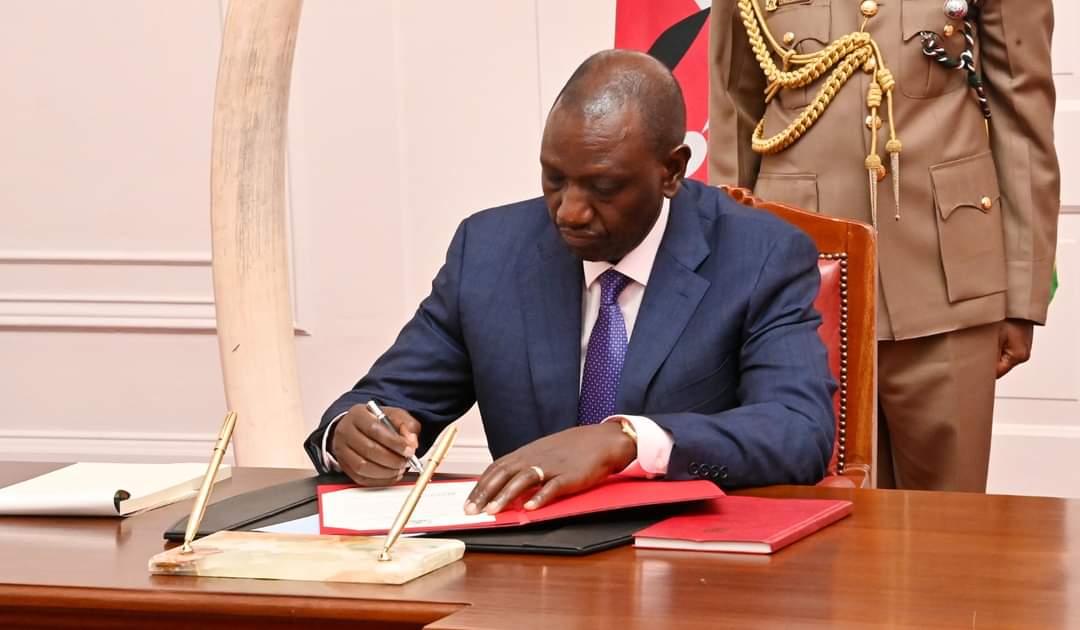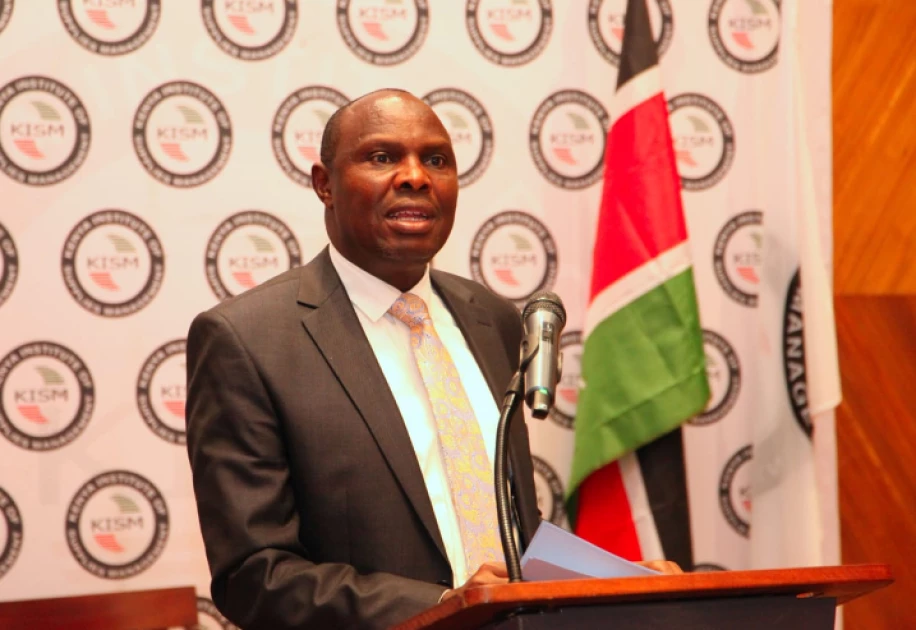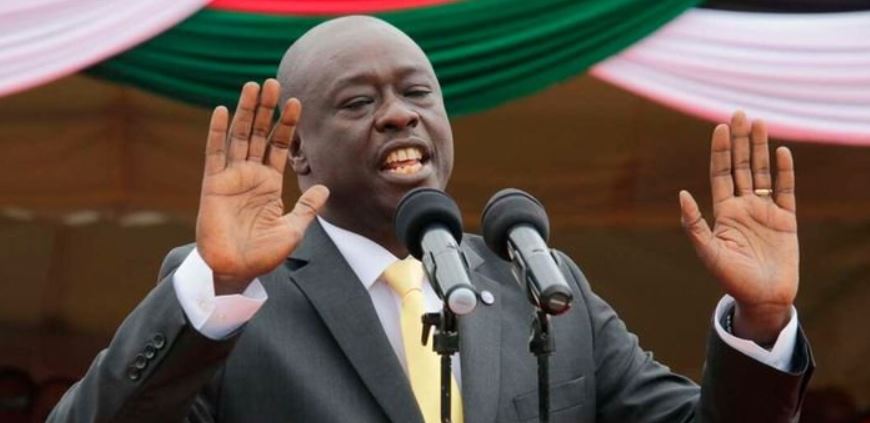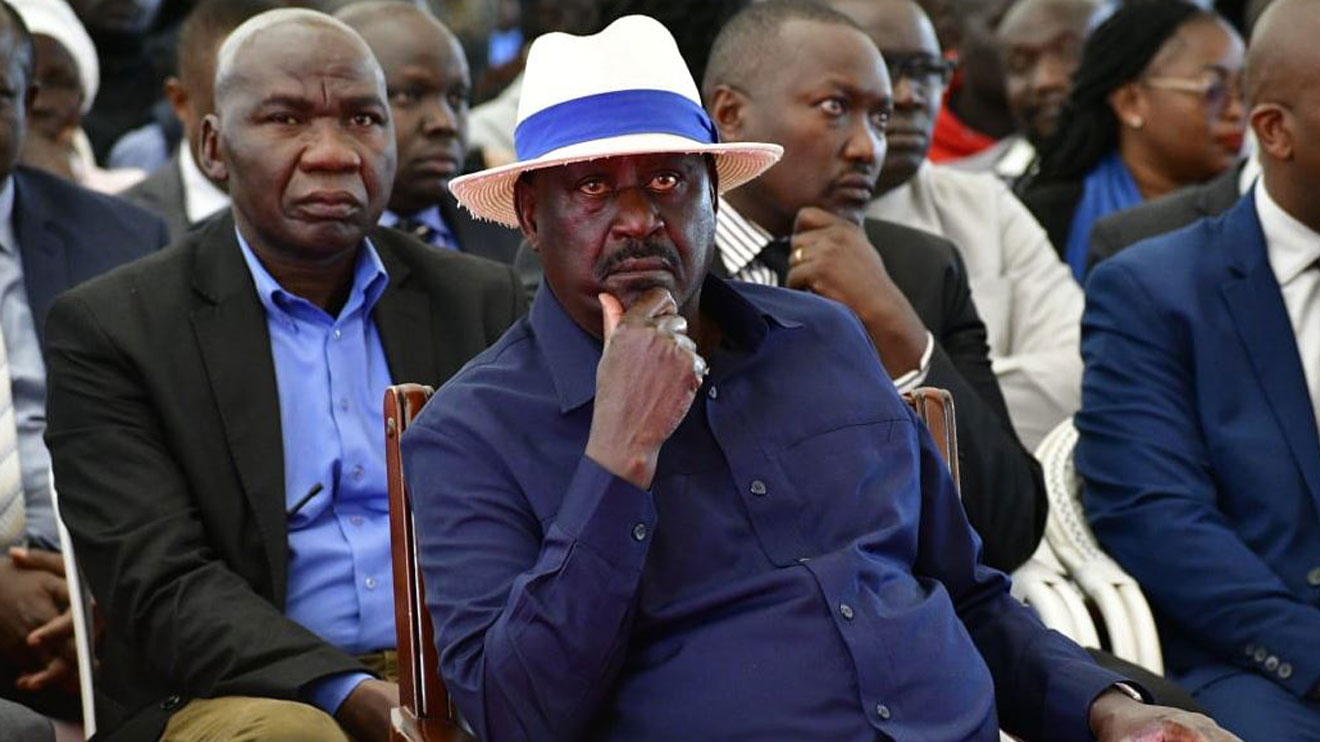Protests have erupted in the United Kingdom, one of Kenya’s major diplomatic donors, as demonstrators call for a freeze on multimillion-pound aid allocations to Kenya. This comes amid allegations of mismanagement and funding of non-priority programs, raising questions about the effectiveness of foreign aid.


UK’s Foreign Aid Under Scrutiny
A report published by The Sun revealed that Britain allocates approximately £15 billion (Ksh2.4 trillion) annually to overseas aid, with £9 billion (Ksh1.46 trillion) managed by the Foreign Office. Among the expenditures scrutinized was Ksh17.8 million (£110,000) spent on a conference in Kenya addressing “preventing gender-based disinformation.”
Protesters are demanding that the UK government, led by Prime Minister Keir Starmer, take decisive action similar to former U.S. President Donald Trump’s foreign aid freeze. They argue that curbing foreign aid could mitigate wastage and compel recipient countries like Kenya to adopt more sustainable development practices.
Echoes of Trump’s Aid Freeze
The protests come weeks after U.S. President Donald Trump issued an executive order cutting humanitarian aid and grants to several countries, including Kenya. Trump appointed billionaire Elon Musk to head the newly established Department of Government Efficiency, which promptly slashed funding for projects deemed non-essential.
This resulted in the abrupt shutdown of multiple initiatives, including aid, environmental programs, and diversity, equity, and inclusion (DEI) projects. Now, UK protesters are pressuring their government to follow suit.
Potential Global Implications
If the UK enforces similar measures, countries like Somalia, Jordan, Nepal, the Democratic Republic of Congo (DRC), Colombia, India, Thailand, and Albania could also face significant financial cuts. Critics of foreign aid argue that such actions could force recipient nations to reassess their economic strategies and focus on sustainable solutions.
Government’s Stance
UK Business Secretary Jonathan Reynolds acknowledged the rising pressures on global resources, suggesting that the country must re-evaluate its spending priorities.
“The whole Cabinet and most people in this country recognize the world’s growing pressures. More spending on defense is necessary,” Reynolds said, emphasizing that a roadmap for these changes would be outlined in the upcoming spending review.
Kenya’s Position at Risk
As one of the key beneficiaries of UK aid, Kenya’s reliance on foreign funding could face substantial challenges if the UK adopts the proposed cuts. The pressure on the UK government to act remains high, with protesters threatening continued demonstrations until their demands are met.

















